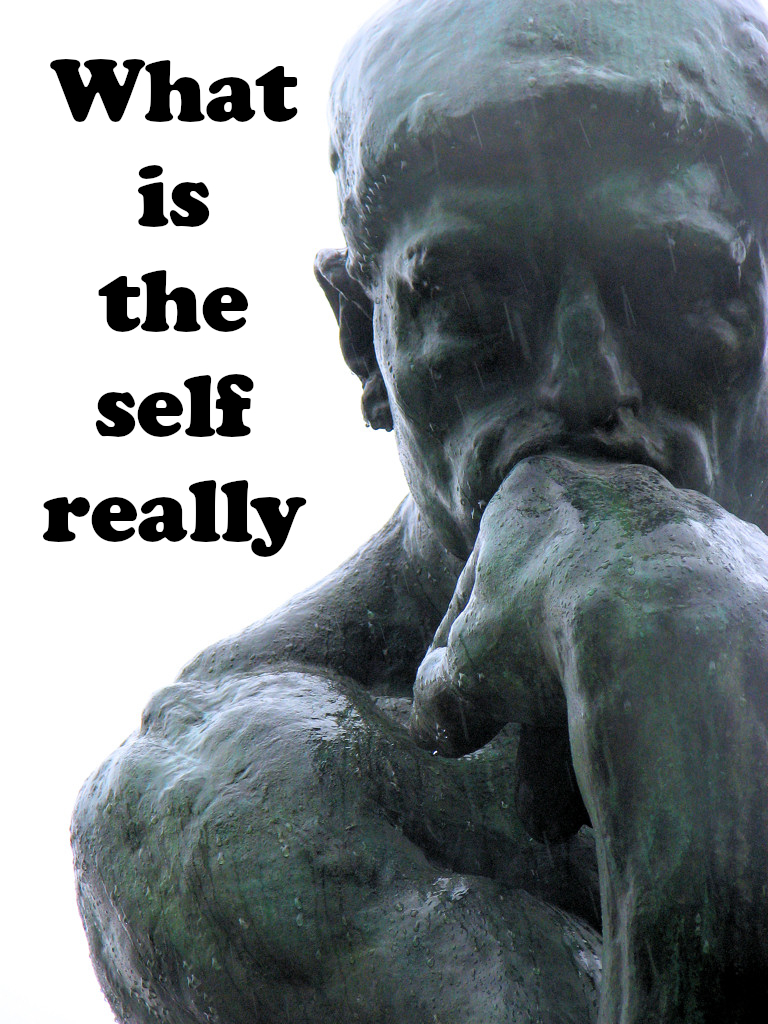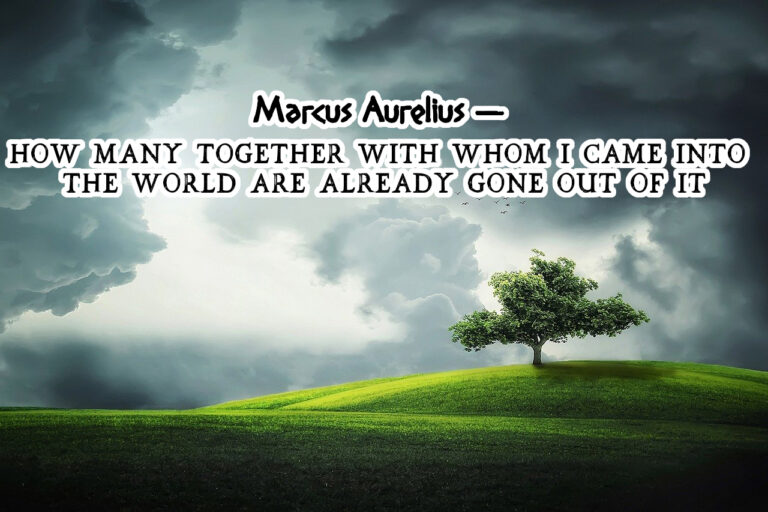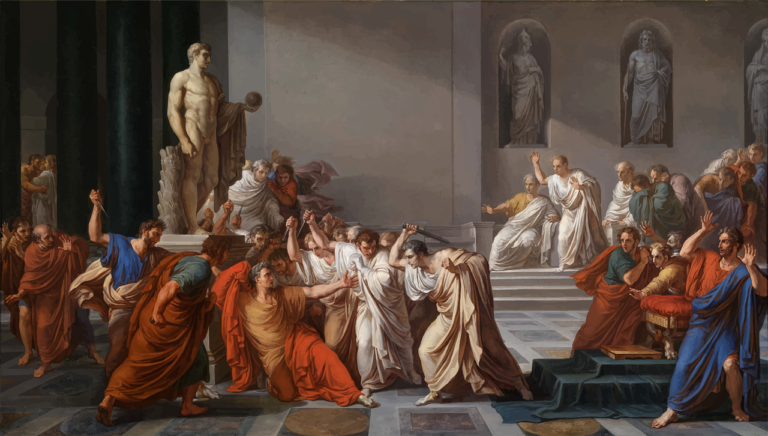
In everyday non-philosophical parlance, when we speak about a self we are generally referring to an individual. When we are speaking about selves, we are talking about individuals that are distinguishable from other individuals each with their own potential uniqueness.
In the far-east, the Buddhists reject the conventional notion of the self, laying down doubts, questions and challenges to the idea of a self as something independent, enduring and separate from the environment. In their view, self ultimately lacks inherent essence. See emptiness.
Like the Buddhist, I too take issue with the self as having this special individual essence. Though I agree with the end conclusion of the Buddhist view of emptiness—namely that the self lacks inherent existence—where I differ is that I approach this from the standpoint of materialist philosophy.
Individuality, essence, these all abound in metaphysical connotations and are the consequences of latching onto old modes of thinking—like the idea of a soul. I say that the mode of thinking which asserts that the self is something that comes before the multicellular organism is wrong. This privileged mode of thinking begins with the self on a conceptual level and marks down the real, sensuous matter of us—our body.
I can walk down the street and point at someone and say ‘that’s Andrew’, but no essence of ‘Andrewness’ can be found ultimately in the being of that person. Is a person really a singular, enduring entity like some soul? Say our friend from earlier, Andrew, dies an untimely death, some of us may ask ‘where did he go?’ implying that there’s a transcendent essence known as Andrew which survives the breakup of the body.
So is the self a singular thing-in-itself or is it but an effect of underlying causes?
When we set our eyes upon a person we are at the same time are looking at a multicellular organism. Because there is at the same time the multicellular organism and then there are the individual biological cells which make up said organism. Do each of those cells have an individual self? Do the cells of the myocardium? The leukocytes? Or the Neurons? Where is to be found this graspable essence of the self in its glorious indivisible singularity?
Yet all these cells are collectively thought to be taken as the ‘the self’—in their trillions! And if we do take our cells to be intrinsically us, then how do we answer the fact that many of our cells are undergoing death and replacement constantly? Yes, there are cells dying in our body all the time, yet moment to moment the multicellular organism appears constant. Perhaps they may not conceptually know it, but cells sacrifice themselves for the good of the organism because the mass dying off of superfluous cells are beneficial to the organism as a whole and contributes to its survival. We are like a walking, talking Ship of Theseus.
Like the Stoic Epictetus, there are things under the loci of our control and then there are things beyond that loci, of which we have no control or influence over. The same principle applies to the body. For example, I have voluntary control over moving the skeletal muscles of my body—which is how I’m able to write this article—but the fact is I don’t have total power over my body because there’s that part of my nervous system to which I have no control over called the autonomic nervous system and its role is to regulate involuntary physiological processes like heart rate, blood pressure, respiration and digestion.
If we tell the body ‘I forbid you to get sick’, does it listen? Or ‘I forbid you to get old’, does it listen? The answer is of course no. And as this happens to all of us, then how so can we lay claim to the body as something intrinsically ours when it does not obey our will? Take the menacing disease of cancer. When cancer cells proliferate in our body, they do so because those mutated cellular machinery obey the laws of physics and biology and not from the capriciousness of our will. If we suffered a gash from a sharp knife across the forearm, then our bodies will make very damn well sure that we know about it. Reinforcing the sense that our wound inflicted limb is ‘us’.
The gelatinous, wrinkled grey mass that sits behind your eyes form the basis of your organism. Cells and neurons have come together from the moment of conception, gone through their own historical development and hitherto this present moment giving a sense of who we are. Even though the brain is of course part of the body, it’s the specific organ responsible for distinguishing the subject (internal; body) from the object (external; environment). It’s this capability of the brain which creates the sense of being me—an independent, separate organism—from the environment.
Driven by universal changes, advancements and entropy, the universe and life evolved over time and so too did the sense of self. Human beings evolved brains that created the sense of being separate—the self and the other—which helped procure food, fight off enemies and navigate the environment to get back home aiding our survival in reaching breeding age.
So what is the self, what are you really? Here’s my answer:
The self is a mental designation bestowed upon a given collection of interdependent biological cells in which originates the experience of being an independent agent able to interact with and feel separate from, the surrounding environment.

